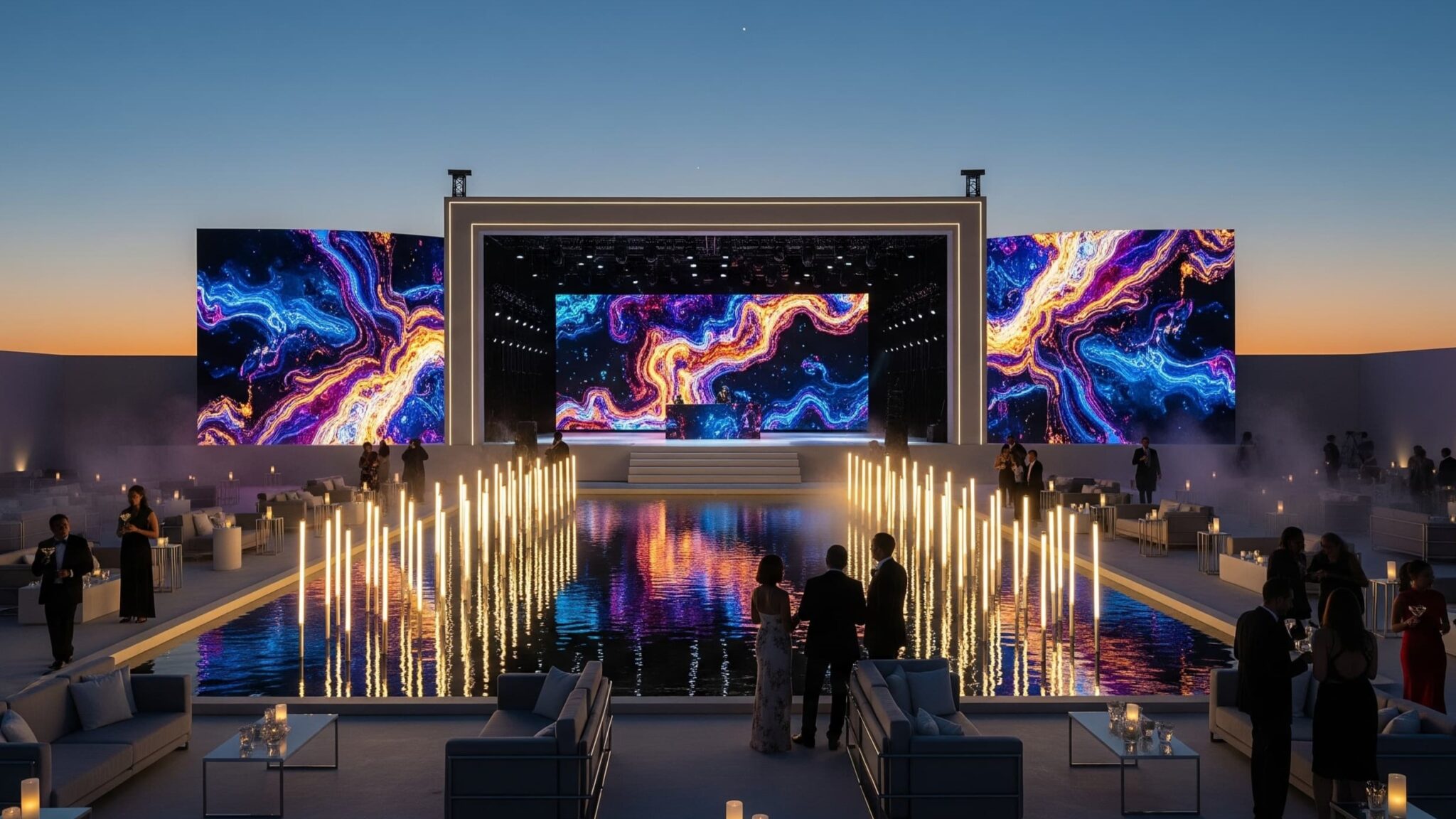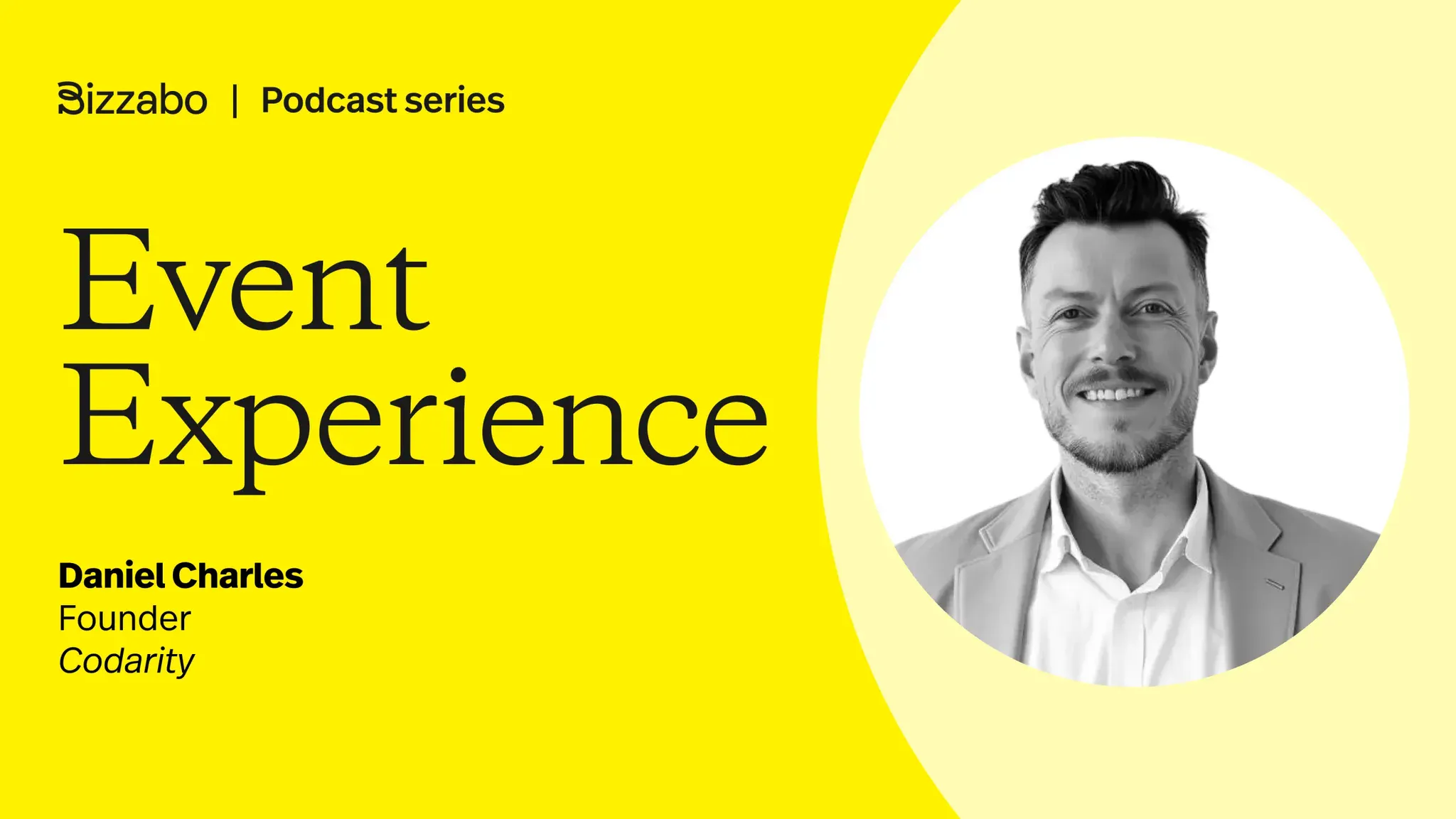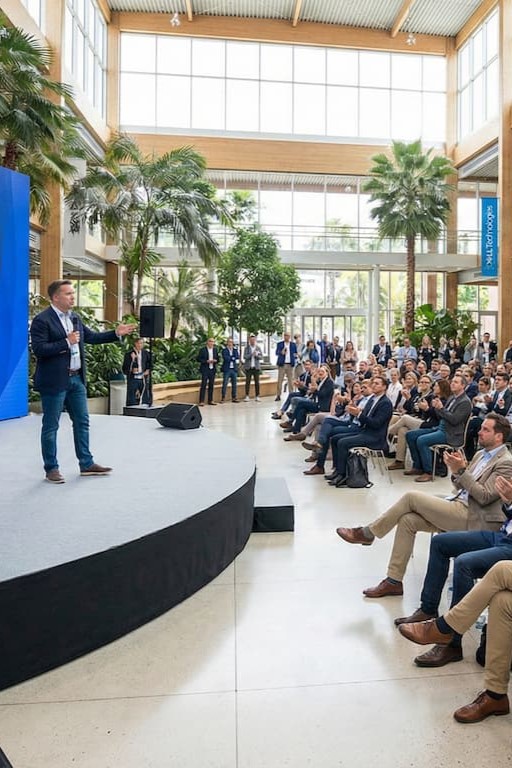Dan Charles
08/09/2025
Table of Contents

Key Takeaways
- The experience economy is driving budget reallocation. People prioritize memorable experiences over material purchases, fueling the projected doubling of the events industry to $2.1 trillion by 2032.
- Data collection without utilization creates expensive waste. While 95% of event teams prioritize ROI measurement, most companies collect comprehensive data that never gets analyzed meaningfully.
- Boutique events deliver superior lifetime value. Fortune 1000 companies are shifting 74% of increased budgets toward intimate experiences targeting the top 10% of high-value prospects.
- Mass personalization is the new competitive advantage. AI-powered data analysis enables individually crafted experiences delivered at scale, creating deeper engagement than traditional mass marketing.
- Pre-event intelligence transforms outcomes. The most successful companies identify “right people” before events happen, then track how those connections translate into long-term business results.
Premium event budgets jumped 23.1% in the UK this year alone. Fortune 1000 companies are redirecting 74% of their increased marketing spend toward live experiences.
Most analysts call this post-pandemic recovery spending. The real story runs much deeper.
I see a fundamental consumer psychology transformation happening. People face endless entertainment options daily. Netflix, TikTok, gaming, streaming music.
The volume of digital entertainment has reached saturation point.
People stopped wanting to buy things. They want to buy memories.
This explains why the global events industry is projected to double from $1.1 trillion to $2.1 trillion by 2032. Despite competition being higher than ever, more people attend events than ever before.
They’re willing to pay premium prices for experiences they can remember.
The Data Collection Trap
Here’s where it gets interesting. While 95% of events teams prioritize ROI measurement, most companies are creating expensive digital graveyards.
Event companies collect data brilliantly. They track everything from attendee engagement to social media mentions. The data gets compiled into pretty presentations.
Then it sits on hard drives, unused.
The gap between collecting data and using it meaningfully is costing companies millions. This surge in spending without clear ROI visibility means 63% of marketers admit they fail to maximize event content value. For large enterprises, that number jumps to 72%.
Companies invest in sophisticated tracking systems but never extract the underlying currents that could transform their marketing approach.
Mass Personalization at Scale
Premium event attendees expect everything to feel like an experience. Not just the event itself, but how they’re marketed to beforehand.
They want personalized approaches to how they interact with exhibitions, artists, and brands. These interactions leave much longer lasting impressions.
Smart companies are investing in large-scale data analysis to create experiences that feel individually crafted but deliver at scale. AI systems can extract patterns from attendee behavior that humans miss entirely.
The result?
Mass personalization that doesn’t feel mass-produced.
The Boutique Strategy
This explains why Fortune 1000 companies are abandoning large-scale gatherings for boutique and in-person events.
The strategic calculation is simple: focus on the top 10% of people with the largest buying power.
Long-term relationships are built by connecting with the right people. Personalizing experiences at boutique scale with multiple touchpoints generates more value than mass marketing to tens of thousands at generic events.
The long-term calculation prioritizes retention and lifetime value over immediate reach.
Smaller events allow for deeper engagement. Higher-quality conversations. More memorable interactions. Better data collection from fewer, more valuable prospects.
Measuring What Matters
The sophistication in event measurement is finally catching up to the investment levels. Companies are moving beyond basic attendance metrics to track engagement depth, relationship quality, and long-term customer value attribution.
The most successful event businesses are connecting pre-event intelligence with post-event outcomes. They’re identifying the “right people” before events even happen, then measuring how those connections translate into business results months later.
Events claiming up to 37.5% of marketing budgets by 2025 represents more than budget reallocation.
It represents a fundamental recognition that memorable experiences create more valuable business relationships than any other marketing channel.
The companies making this transformation aren’t just spending more on events. They’re investing in the data systems and AI capabilities to make every dollar count.

Behind the Podcast: What Event Businesses Really Need to Break the Feast-or-Famine Cycle

The Real AI Revolution in Events Isn’t What Cvent’s Selling

Why Your Event Business Doesn’t Need More Martech: It Needs a Coherent Message



